Find Help
More Items From Ergsy search
-
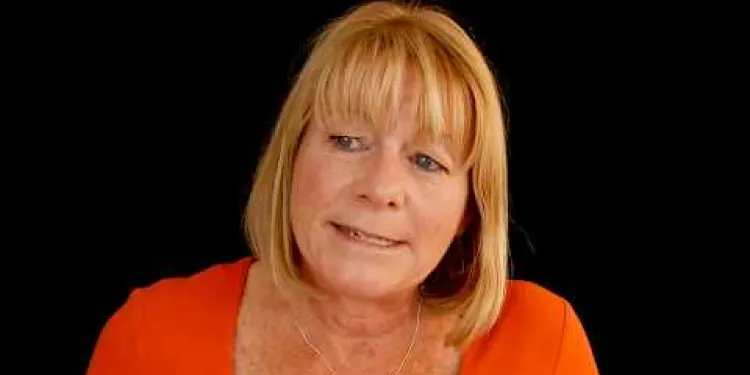
The treatment approach for an eating disorder
Relevance: 100%
-
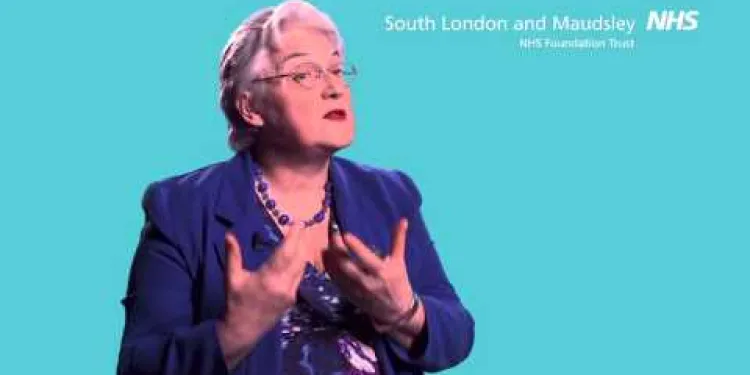
Eating disorders: treatment
Relevance: 80%
-
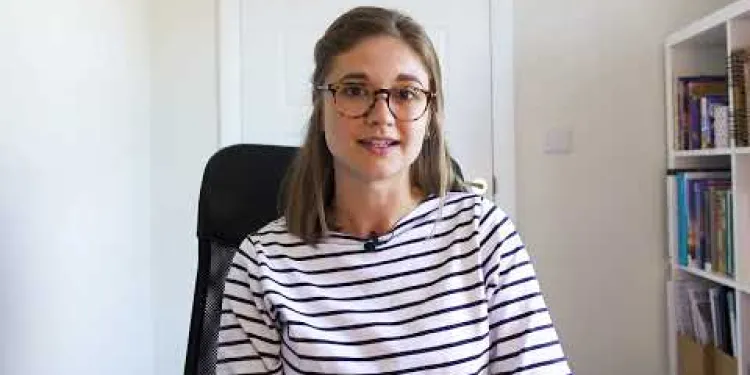
Jess Rann - Specialist Eating Disorders Dietitian
Relevance: 59%
-
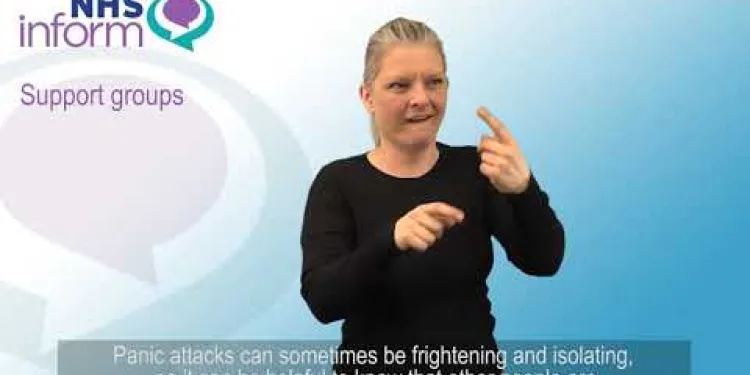
BSL - Treatment of panic disorder
Relevance: 46%
-
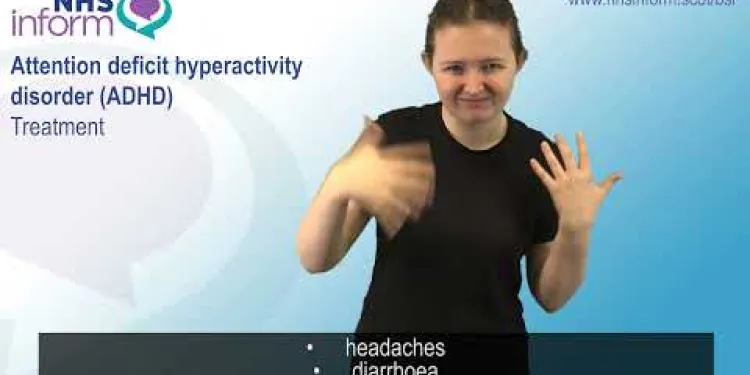
Attention deficit hyperactivity disorder (ADHD) - Treatment
Relevance: 35%
-
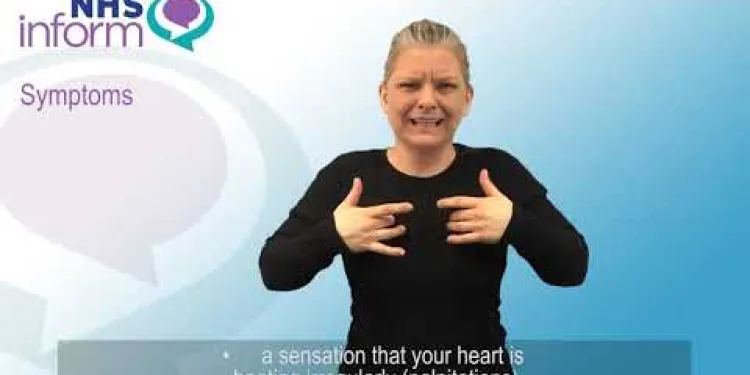
BSL - Symptoms of panic disorder
Relevance: 31%
-

Living with Bipolar Disorder
Relevance: 30%
-
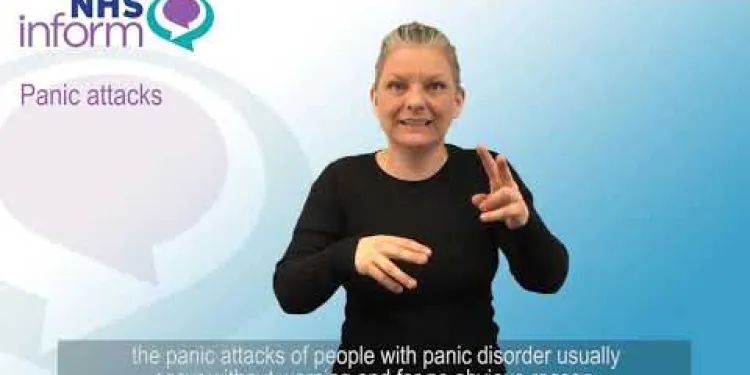
BSL - Diagnosis of panic disorder
Relevance: 30%
-
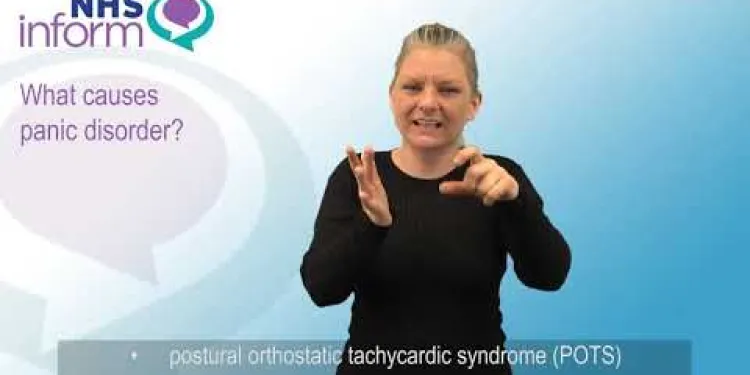
BSL - Introduction to panic disorder
Relevance: 30%
-
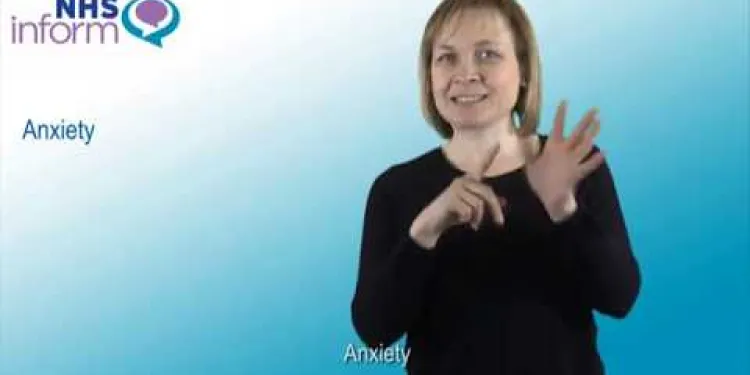
Generalised anxiety disorder (GAD)
Relevance: 30%
-
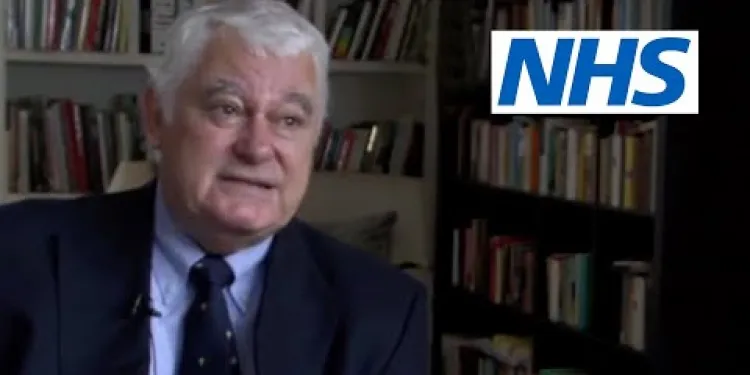
Bipolar disorder: Rod's story | NHS
Relevance: 29%
-

Strategies for Managing Seasonal Affective Disorder
Relevance: 29%
-
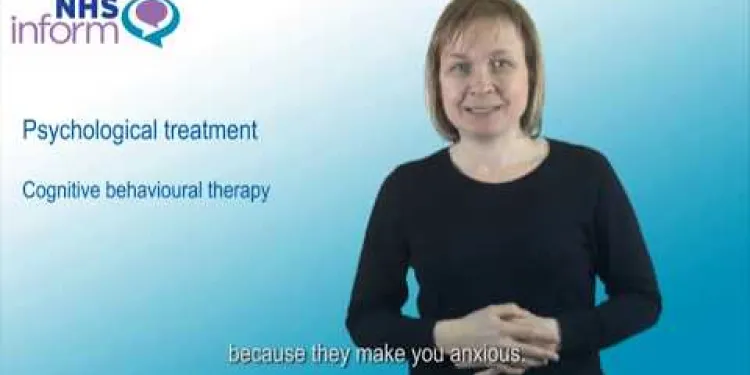
Treating generalised anxiety disorder (GAD)
Relevance: 29%
-
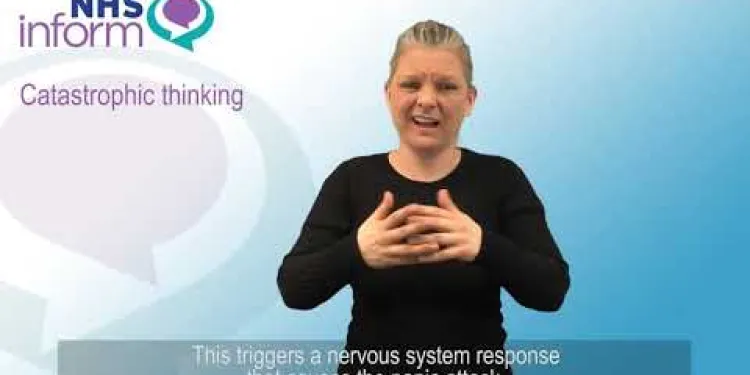
BSL - Causes of panic disorder
Relevance: 28%
-
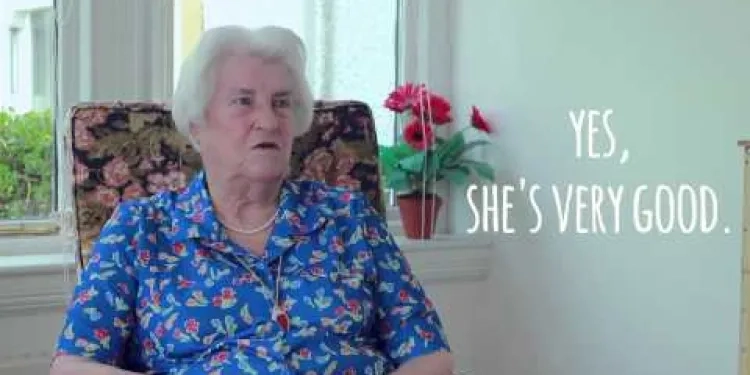
A New Approach to Homecare
Relevance: 28%
-

Top 10 Tips for Healthy Eating
Relevance: 27%
-
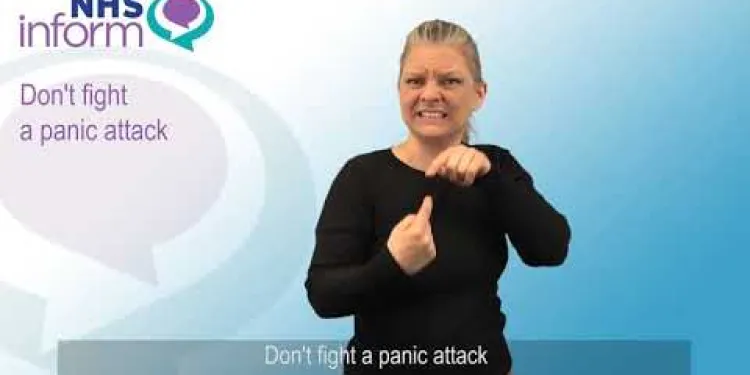
BSL - Panic disorder: things you can do to help yourself
Relevance: 27%
-

Short Films About Mental Health - Personality Disorders
Relevance: 26%
-

What can I eat if I have Type 2 Diabetes?
Relevance: 25%
-

What should I eat or drink if I have norovirus?
Relevance: 25%
-
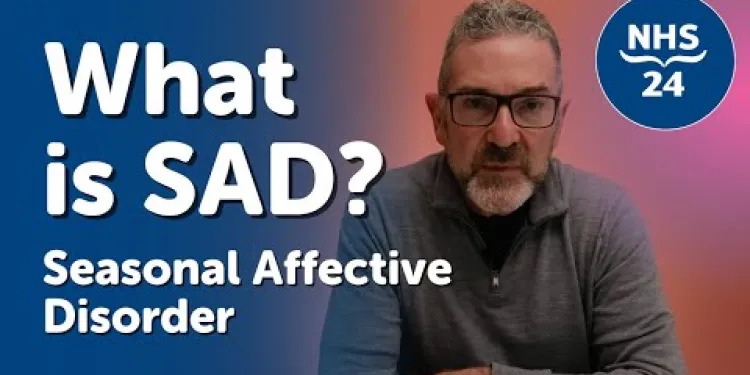
What is Seasonal Affective Disorder? (SAD)
Relevance: 25%
-

What foods are best to eat during a heatwave?
Relevance: 25%
-
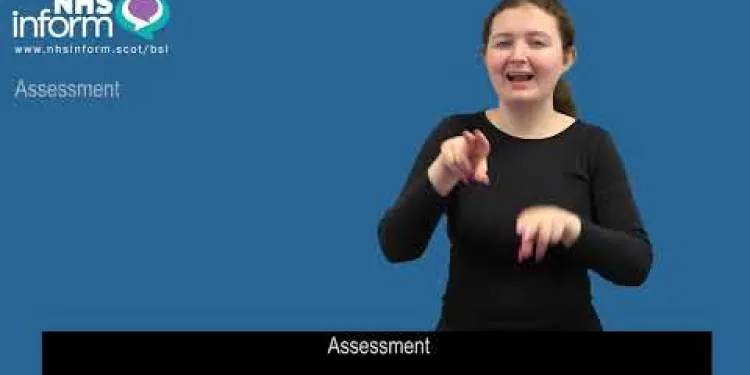
BSL - Diagnosis of obsessive compulsive disorder (OCD)
Relevance: 25%
-
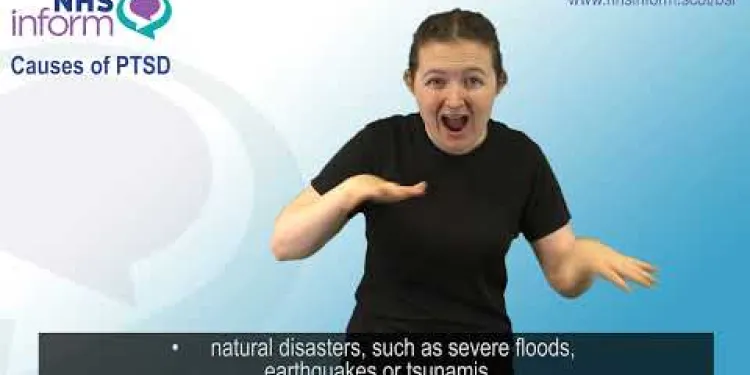
Post-traumatic stress disorder (PTSD) - Introduction
Relevance: 24%
-

Is there a focus on healthy eating in UK school meals?
Relevance: 24%
-

Nutrition for Pregnancy: What to Eat
Relevance: 24%
-
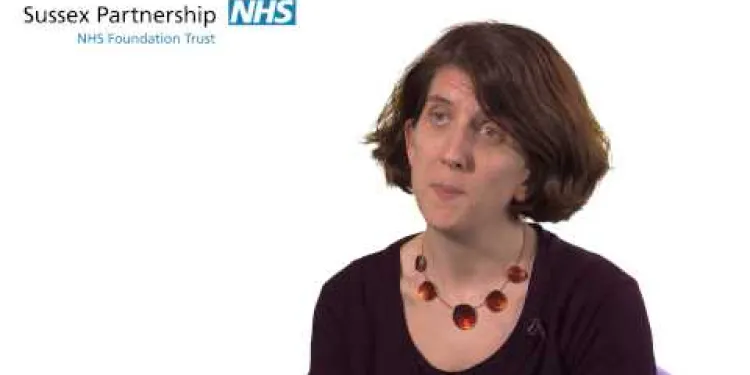
Clara Strauss: What is Obsessive Compulsive Disorder OCD
Relevance: 24%
-
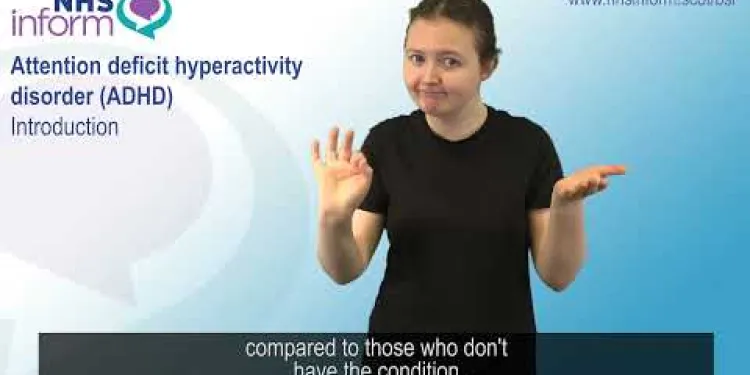
Attention deficit hyperactivity disorder (ADHD) - Introduction
Relevance: 24%
-
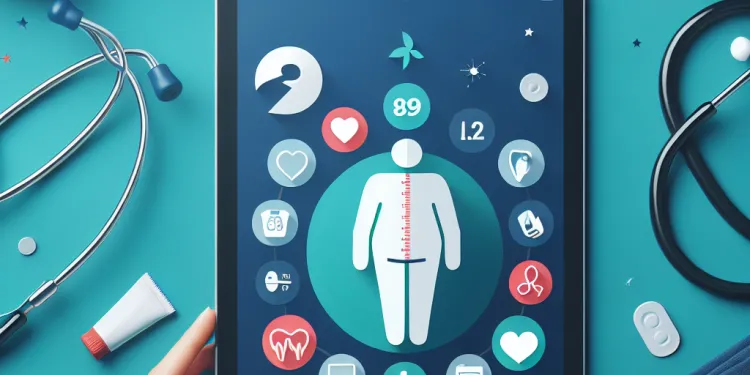
What treatments are available for obesity?
Relevance: 23%
-
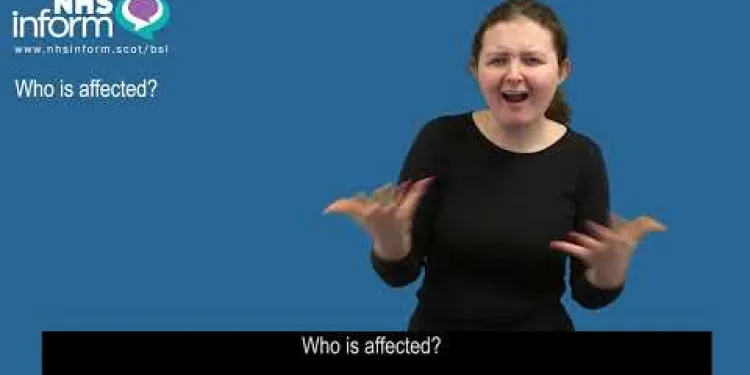
BSL - Introduction to obsessive compulsive disorder (OCD)
Relevance: 23%
-
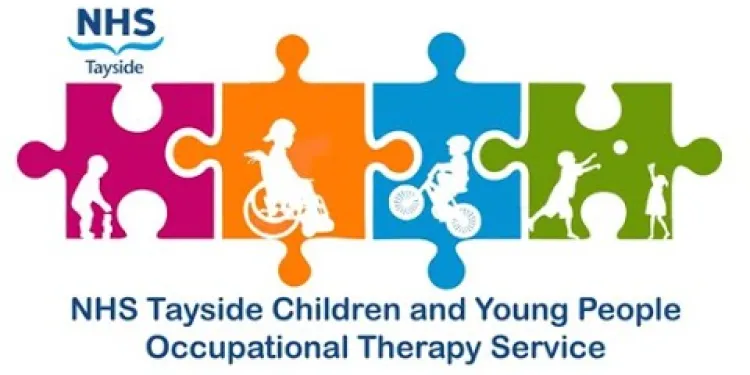
Developmental Coordination Disorder (DCD) for Children and Young People
Relevance: 23%
-
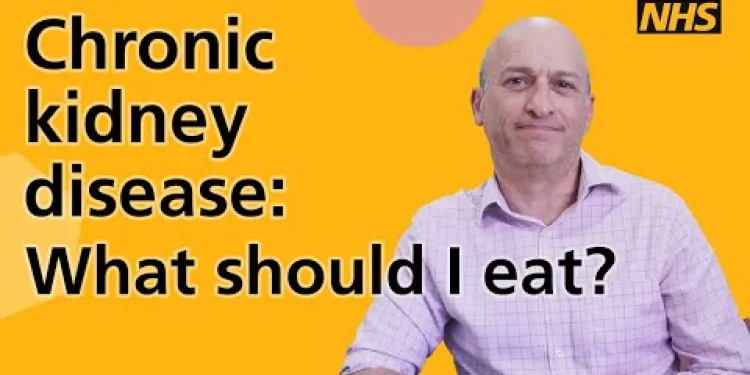
What should I eat to help with chronic kidney disease?
Relevance: 23%
-
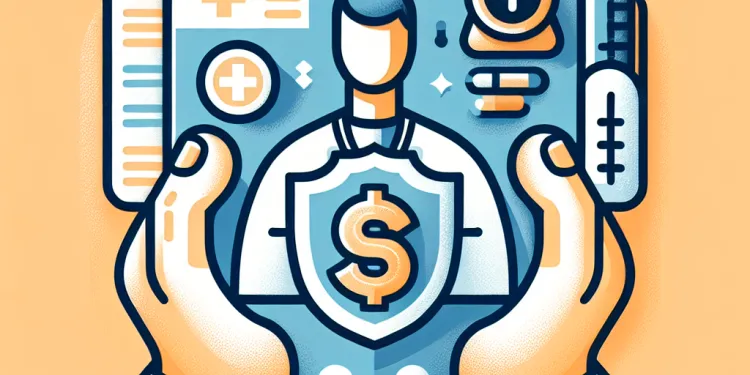
Are chiropractic treatments safe?
Relevance: 23%
-
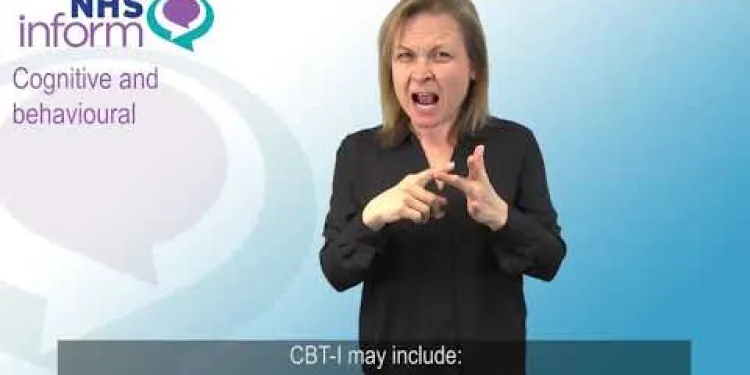
BSL - Treatments for insomnia
Relevance: 23%
-
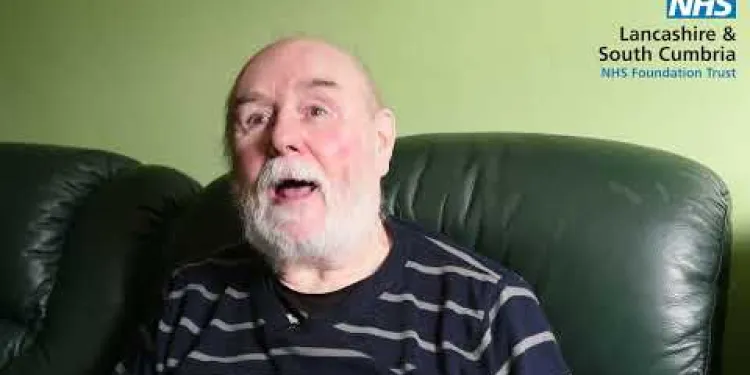
Steve Green tells his story on living with a hoarding disorder
Relevance: 23%
-

Who developed the Paillon treatment?
Relevance: 22%
-
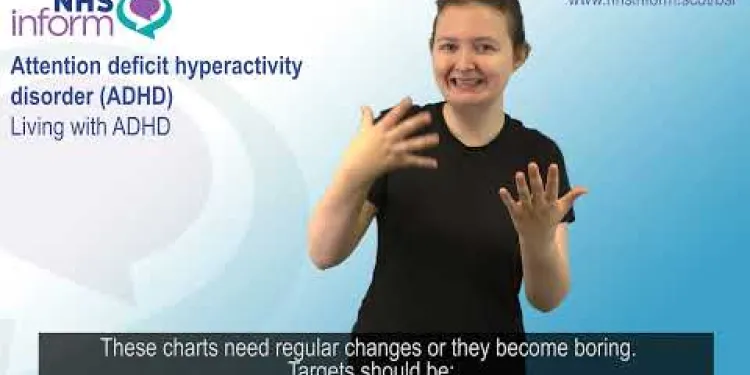
Attention deficit hyperactivity disorder (ADHD) - Living with ADHD
Relevance: 22%
-
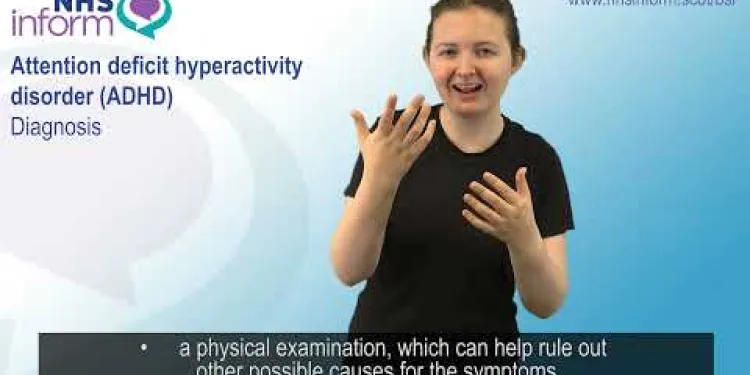
Attention deficit hyperactivity disorder (ADHD) - Diagnosis
Relevance: 22%
-
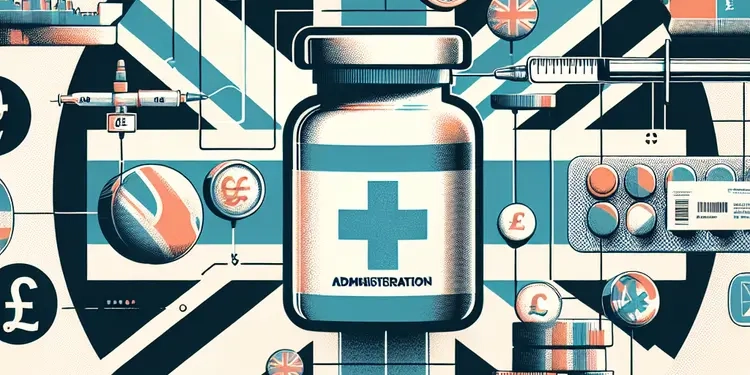
How is Paillon treatment administered?
Relevance: 22%
-
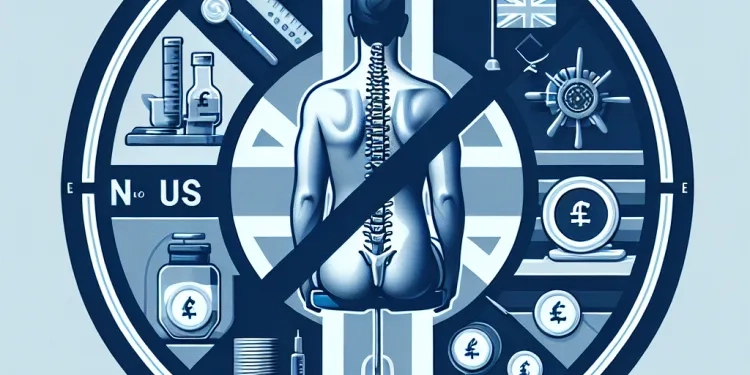
Are chiropractic treatments painful?
Relevance: 21%
Treatment Approach for Eating Disorders in the UK
Overview of Eating Disorders
Eating disorders, including anorexia nervosa, bulimia nervosa, and binge-eating disorder, are serious mental health conditions that can have severe physical and psychological consequences. In the United Kingdom, the treatment approach is multidisciplinary, involving medical, psychological, and nutritional support.
Medical Intervention
Initial treatment often begins with medical intervention to address any urgent health concerns. This may include hospitalization in severe cases where there are critical health risks such as malnutrition, electrolyte imbalances, or cardiac complications. General Practitioners (GPs) usually play a central role in coordinating care and referring patients to specialized services.
Psychological Therapies
Psychological therapies are essential in treating the underlying causes of eating disorders. Cognitive Behavioural Therapy (CBT) is commonly used and has shown effective results. Other approaches include Family-Based Treatment (FBT) for younger patients and more integrative therapies like Dialectical Behaviour Therapy (DBT) for those with complex needs. Group therapy and support groups offer additional peer support.
Nutritional Guidance
Nutritional guidance is integral to recovery, aiming to restore healthy eating patterns and nutritional well-being. Dietitians specialize in creating individualized meal plans that help patients regain a balanced relationship with food. The guidance provided also educates patients on healthy nutritional practices to ensure long-term recovery.
Support Systems and Follow-Up Care
Ongoing support and follow-up care are crucial for sustained recovery. This includes regular check-ups with healthcare providers, participation in community support groups, and access to helplines, such as Beat, a UK charity dedicated to supporting those affected by eating disorders. Ensuring a robust support system helps in preventing relapses and promoting continuous progress.
Conclusion
Treating eating disorders in the UK involves a comprehensive, multidisciplinary approach that addresses medical, psychological, and nutritional aspects. With properly coordinated care, those affected by eating disorders can work towards recovery and lead healthier lives.
Treatment Plan for Eating Disorders in the UK
What Are Eating Disorders?
Eating disorders are illnesses that affect how people eat and think about food. Some types are anorexia, bulimia, and binge-eating. These can hurt both body and mind. In the UK, doctors, therapists, and dietitians work together to help people with these conditions.
Medical Care
Treatment starts with doctors checking your health. If you are very sick, you might need to stay in a hospital. This is if your body is in danger, like if you are not getting enough food or your heart needs help. Your main doctor, called a GP, helps plan your care and finds specialists who can help.
Talking Therapies
Talking to a therapist is important. They help you understand why you might have an eating disorder. One way is called Cognitive Behavioural Therapy (CBT), which helps many people. There are different therapies like Family Therapy and Dialectical Behaviour Therapy (DBT) for those who need more support. Group therapy is also helpful because you can talk and listen to others with similar experiences.
Eating Well and Nutrition
Learning to eat well is a key part of getting better. Dietitians help you make meal plans to eat balanced meals. They help you understand what healthy eating looks like, so you can stay well in the future.
Support and Staying Well
It is important to keep getting help. This includes visiting your doctor, going to support groups, and calling helplines like Beat for extra help. Having people to talk to makes staying healthy easier and helps you not go backward.
Conclusion
Getting help for eating disorders in the UK involves working with different types of health workers. They help with body, mind, and eating habits. With good care, people can get better and live healthier lives.
Frequently Asked Questions
What are the common types of eating disorders?
The common types of eating disorders include anorexia nervosa, bulimia nervosa, binge-eating disorder, and other specified feeding or eating disorders (OSFED).
How can I identify if someone has an eating disorder?
Signs of an eating disorder may include extreme weight loss or gain, preoccupation with food, dieting, or body image, mood swings, withdrawal from social activities, and physical symptoms like dizziness or gastrointestinal problems.
Who is at risk of developing an eating disorder?
Eating disorders can affect anyone but are more common in adolescents and young adults, particularly females. Risk factors include genetic, biological, psychological, and sociocultural influences.
What should I do if I suspect someone has an eating disorder?
If you suspect someone has an eating disorder, it is important to approach them with compassion and concern. Encourage them to seek help from a healthcare professional specializing in eating disorders.
How are eating disorders diagnosed?
Eating disorders are diagnosed through a comprehensive evaluation that includes medical history, psychological assessment, and sometimes physical examinations and laboratory tests.
What treatment options are available for eating disorders?
Treatment options for eating disorders include nutritional counseling, psychotherapy (such as cognitive-behavioral therapy), medical monitoring, and medications. In severe cases, inpatient or residential treatment may be necessary.
What is the role of a dietitian in treating eating disorders?
A dietitian provides nutritional counseling to help individuals develop healthy eating habits, restore a balanced diet, and address any nutritional deficiencies. They work closely with other members of the treatment team.
Can eating disorders be treated on an outpatient basis?
Yes, many eating disorders can be treated on an outpatient basis. Outpatient treatment typically involves regular therapy sessions, nutritional counseling, and medical monitoring. The level of care depends on the severity of the disorder.
What is the importance of family involvement in the treatment of eating disorders?
Family involvement can be crucial in the treatment of eating disorders, especially for younger individuals. Family therapy can help address dynamics that contribute to the disorder and provide support for the person in recovery.
Are there any support groups for people with eating disorders in the UK?
Yes, there are various support groups available for individuals with eating disorders in the UK. Organizations such as Beat provide resources, support groups, and helplines for those affected by eating disorders.
What role does medication play in treating eating disorders?
Medications, such as antidepressants or anti-anxiety medications, can be prescribed to treat underlying mental health conditions that co-occur with eating disorders. They are used in conjunction with other treatment modalities.
How long does treatment for an eating disorder typically last?
The duration of treatment for an eating disorder varies depending on the individual and the severity of the disorder. It can range from several months to several years. Ongoing support may be needed even after the initial treatment phase.
Can eating disorders be completely cured?
While some individuals fully recover from eating disorders, others may continue to struggle with symptoms throughout their lives. Early intervention and comprehensive treatment increase the chances of a successful recovery.
What resources are available for individuals with eating disorders in the UK?
In the UK, resources include NHS eating disorder services, private clinics, charitable organizations like Beat, and helplines. Additionally, there are numerous online resources and self-help books available.
How do I access NHS services for eating disorders in the UK?
To access NHS services for eating disorders, you typically need a referral from your GP. Your GP can evaluate your symptoms and refer you to a specialist service for further assessment and treatment.
What are the common types of eating disorders?
Eating disorders are health problems where people have trouble with eating. Here are some common types:
- Anorexia: People eat very little because they think they are overweight.
- Bulimia: People eat a lot of food quickly and then try to get rid of it by throwing up.
- Binge Eating: People eat a lot of food in one sitting and feel like they can't stop.
If you or someone you know has these problems, talking to a doctor can help. Using a diary to write down what you eat and how you feel can also be useful.
There are different kinds of eating problems. These include:
- Anorexia nervosa
- Bulimia nervosa
- Binge-eating disorder
- Other eating problems (called OSFED)
How to Tell if Someone Has Eating Problems
Eating problems can show in different ways:
- Losing or gaining a lot of weight.
- Thinking about food and dieting all the time.
- Worrying too much about how your body looks.
- Having mood changes, like being happy and then sad.
- Not wanting to be with friends or do fun things.
- Feeling dizzy or having a tummy ache.
You can talk to someone you trust or use apps that help you feel better and stay calm. Drawing or writing in a journal can also help you share your feelings.
Who might have problems with eating?
Some people might start to have problems with eating. This can happen because of different reasons. Kids and adults can have these problems. Here are some things that might make it more likely:
- Feeling very worried or sad
- Having a hard time with friends or family
- Seeing lots of pictures of thin people on social media
- Being told to lose weight
- Doing a sport that wants you to be very thin
If you know someone who might have these problems, you can help by talking to a kind adult, like a parent or teacher. They can support and help you find the right tools and people to talk to.
Eating problems can happen to anyone. But they often happen to teenagers and young adults, especially girls. Things that can make someone more at risk include family history, body changes, feelings, and pressure from society.
What to Do if You Think Someone Has Trouble with Eating?
If you think a person is having problems with eating, here is what you can do: - **Talk to Them:** Find a quiet time and place. You can say you are worried about them. - **Listen:** Let them tell you how they feel. - **Encourage Help:** Suggest talking to a doctor or a counselor. - **Be Supportive:** Show kindness and be patient. - **Get More Information:** Read about eating problems to understand better. This is important: Be a good friend and help them get the help they need.If you think someone might have problems with eating, it is important to be kind and caring when you talk to them. Help them to go see a doctor or a nurse who knows a lot about eating problems.
How do doctors find out if someone has an eating problem?
Doctors help people find out if they have an eating problem. They talk to the person and ask questions about how they eat and how they feel. Doctors might also use special guides to help. It is important to talk to your doctor if you think you have an eating problem. You can also ask a friend or family member to come with you to help.
Doctors find out if someone has an eating problem by doing a full check-up. This includes looking at the person's health history, talking to them about their feelings, and sometimes doing body checks and tests.
What can help with eating problems?
There are things that can help if you have eating problems. Here are some ways:
- Talking to a doctor: A doctor can help you understand and get better.
- Talking to a therapist: A therapist is someone you can talk to about your feelings.
- Support groups: In a support group, you talk to people who have the same problem.
- Healthy eating plans: These plans help you eat better and feel good.
Getting help is important. You are not alone. There are people who want to help you. Ask someone you trust if you need help.
If someone has problems with eating, there are ways to help them get better. Here are some of the things that can help:
- Talking to a food expert can help them eat healthy.
- Talking to a therapist like using special talking methods can help them think better about themselves.
- Doctors can check on their health to make sure they are okay.
- Sometimes, medicine can help them feel better.
If the eating problems are very serious, they might need to stay at a special place or hospital to get extra help.
What does a dietitian do to help people with eating problems?
A dietitian helps people who have trouble eating. They help them understand food and how to eat better.
Dietitians make eating plans for people. They teach how to eat the right amount of food. They also help people feel good about eating.
If you have eating problems, a dietitian can help you. They work with doctors and other helpers to help you get better.
Some tools that might help are:
- Pictures of food to show what a good meal looks like.
- Simple charts to track what you eat.
- Games about food and eating to make learning fun.
A dietitian is a person who helps people eat better. They talk to you about food and help you eat healthy meals. This helps your body get what it needs. The dietitian works with other people who also help you feel better.
Can eating problems be helped while staying at home?
Yes, people can get help for eating problems while living at home. This is called outpatient care.
Doctors, nurses, and counselors can talk to you and help you in many ways.
If you have an eating problem, ask for help. You can talk to:
- A doctor
- A counselor
- A support group
There are also apps and websites that can help you feel better.
Yes, many people can get help for eating problems without staying in a hospital. They can visit a doctor or therapist regularly instead. This help includes talking to a therapist, learning about healthy eating, and having check-ups with a doctor. How much help someone needs depends on how bad their eating problem is.
Why is it important for family to help when someone has eating problems?
Family can play a big role in helping when someone has eating problems. It is important for families to be part of the support system. Here are some simple reasons:
- Family shows love and support, which helps the person feel better.
- Family can help with making sure the person eats healthy food.
- Being together can make the person feel safer and less alone.
Here are some tools that can help families get involved:
- Books and guides: Simple books about eating problems can help families learn more.
- Talking with experts: Families can talk with doctors or counselors to get advice.
- Support groups: Going to meetings where families share their stories can help a lot.
Families can help a lot when someone has an eating problem. This is very important for kids and teenagers. Family meetings, called family therapy, can help. These meetings try to understand how the family can help with the problem. They also support the person getting better.
Are there groups in the UK to help people with eating problems?
Yes, there are groups that help people with eating problems. Here are some ways you can find help:
- Talk to a doctor. They can tell you about groups near you.
- Look online for support groups. They can be in person or online.
- Call a helpline. They can give you advice and support.
It's okay to ask for help. You are not alone.
Yes, there are groups that help people with eating problems in the UK. A group called Beat can help with information, support groups, and a phone line for talking.
How does medicine help people with eating problems?
Medicine can help people with eating problems feel better. It can change how the brain works to improve mood and thoughts about food. Medicine can help, but it is often used along with talking to a doctor or counselor.
It is important to take medicine as the doctor says. If you have questions, ask a doctor or nurse. They can help explain what the medicine does.
Some tools can help, like a calendar to remember when to take medicine or a notebook to write down how you feel. These tools are useful for keeping track of things.
Sometimes, doctors give people medicine to help them feel better in their minds. These medicines can help if someone feels very sad or worried. People might use these medicines when they also have eating problems. Doctors use these medicines with other ways to help people get better.
How long does it take to get better from an eating problem?
Getting better can take a while. It might be different for each person.
Here are some tips to help you:
- Work with your doctor or therapist. They will help you get better.
- Be patient with yourself. Getting better takes time.
- Try to talk to friends or family. They can support you.
- Sometimes, it can help to write down your feelings.
The time it takes to treat an eating disorder is different for each person. It can depend on how serious the disorder is. Treatment can last from a few months to many years. Even after the first part of the treatment is done, people might still need help.
Can people get better from eating problems?
Some people get better from eating problems. But other people might still have some problems for a long time. Getting help early and having good treatment can help people get better.
What help is there for people with eating problems in the UK?
If you have eating problems, there is help you can get. Here are some things that can help:
- Doctors and nurses: You can talk to your doctor or nurse. They can help you find the right treatment.
- Support groups: There are groups where you can meet other people with eating problems. You can talk and share experiences.
- Therapists: Therapists are people you can talk to about your feelings. They can help you do better.
- Websites and helplines: There are websites and phone numbers you can call to get advice and support.
It is important to ask for help. You are not alone, and there are people who care about you and want to help.
In the UK, there are many places and people who can help with eating disorders. You can get help from NHS doctors and nurses. There are also private clinics where you can see doctors. Organizations like Beat offer help too. You can call helplines to talk to someone. There are also websites and books that can help you learn more.
How can I get help from the NHS for eating problems in the UK?
To get help from the NHS for eating problems, you usually need to see your doctor first. Your doctor can check how you are feeling and send you to see a special doctor to get more help and treatment.
Useful Links
- Ergsy carfully checks the information in the videos we provide here.
- Videos shown by Youtube after a video has completed, have NOT been reviewed by ERGSY.
- To view, click the arrow in centre of video.
- Most of the videos you find here will have subtitles and/or closed captions available.
- You may need to turn these on, and choose your preferred language.
- Go to the video you'd like to watch.
- If closed captions (CC) are available, settings will be visible on the bottom right of the video player.
- To turn on Captions, click settings .
- To turn off Captions, click settings again.
More Items From Ergsy search
-

The treatment approach for an eating disorder
Relevance: 100%
-

Eating disorders: treatment
Relevance: 80%
-

Jess Rann - Specialist Eating Disorders Dietitian
Relevance: 59%
-

BSL - Treatment of panic disorder
Relevance: 46%
-

Attention deficit hyperactivity disorder (ADHD) - Treatment
Relevance: 35%
-

BSL - Symptoms of panic disorder
Relevance: 31%
-

Living with Bipolar Disorder
Relevance: 30%
-

BSL - Diagnosis of panic disorder
Relevance: 30%
-

BSL - Introduction to panic disorder
Relevance: 30%
-

Generalised anxiety disorder (GAD)
Relevance: 30%
-

Bipolar disorder: Rod's story | NHS
Relevance: 29%
-

Strategies for Managing Seasonal Affective Disorder
Relevance: 29%
-

Treating generalised anxiety disorder (GAD)
Relevance: 29%
-

BSL - Causes of panic disorder
Relevance: 28%
-

A New Approach to Homecare
Relevance: 28%
-

Top 10 Tips for Healthy Eating
Relevance: 27%
-

BSL - Panic disorder: things you can do to help yourself
Relevance: 27%
-

Short Films About Mental Health - Personality Disorders
Relevance: 26%
-

What can I eat if I have Type 2 Diabetes?
Relevance: 25%
-

What should I eat or drink if I have norovirus?
Relevance: 25%
-

What is Seasonal Affective Disorder? (SAD)
Relevance: 25%
-

What foods are best to eat during a heatwave?
Relevance: 25%
-

BSL - Diagnosis of obsessive compulsive disorder (OCD)
Relevance: 25%
-

Post-traumatic stress disorder (PTSD) - Introduction
Relevance: 24%
-

Is there a focus on healthy eating in UK school meals?
Relevance: 24%
-

Nutrition for Pregnancy: What to Eat
Relevance: 24%
-

Clara Strauss: What is Obsessive Compulsive Disorder OCD
Relevance: 24%
-

Attention deficit hyperactivity disorder (ADHD) - Introduction
Relevance: 24%
-

What treatments are available for obesity?
Relevance: 23%
-

BSL - Introduction to obsessive compulsive disorder (OCD)
Relevance: 23%
-

Developmental Coordination Disorder (DCD) for Children and Young People
Relevance: 23%
-

What should I eat to help with chronic kidney disease?
Relevance: 23%
-

Are chiropractic treatments safe?
Relevance: 23%
-

BSL - Treatments for insomnia
Relevance: 23%
-

Steve Green tells his story on living with a hoarding disorder
Relevance: 23%
-

Who developed the Paillon treatment?
Relevance: 22%
-

Attention deficit hyperactivity disorder (ADHD) - Living with ADHD
Relevance: 22%
-

Attention deficit hyperactivity disorder (ADHD) - Diagnosis
Relevance: 22%
-

How is Paillon treatment administered?
Relevance: 22%
-

Are chiropractic treatments painful?
Relevance: 21%


